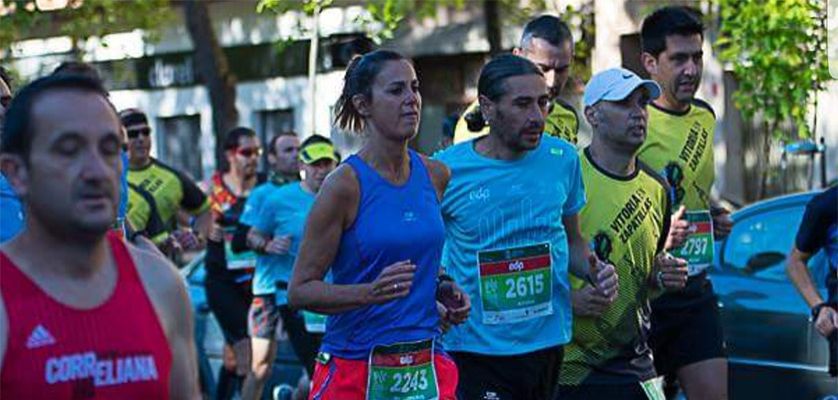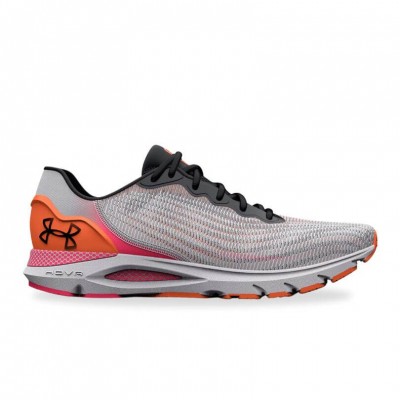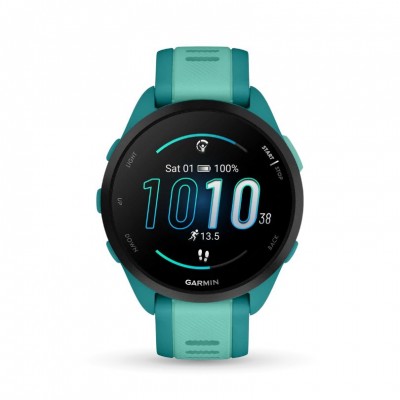
Yes, this is the title of one of the chapters of "You can be a runner too". In a book that talks about the life experiences of a runner, I could not miss a section dedicated to how to check ourselves physically before starting any sporting activity.
In the talks I give to groups of running enthusiasts on how to prepare for a goal, the first words are always directed to our health. There is no point in setting a goal if we don't know if we will be able to achieve it depending on our physical condition. I once read a doctor who said that "our mind writes checks that our body cannot pay". This is very true. We can imagine ourselves climbing Everest, but it will be our body that will tell us whether we will reach the summit or not. The mind plays a key role in achieving a goal, but if our joints or our heart say no way, we will not achieve it.
Studies show that Spaniards are becoming increasingly aware of the need to practice sport. Ten years ago, few prepared, for example, the 42 kilometers. However, today we are much more informed about how to prepare for a marathon, nutritional aspects, what shoes to use, etc, etc, etc, etc.
running is still the favorite sport. It is practiced by 192 of the population, above cycling, swimming, bodybuilding, bodybuilding or soccer. These are data from the Ministry of Sports and are the result of the survey on the habits of practicing sport in Spain.
To give some more data and dimension the matter say that between 2006 and 2016 increased by 762 the number of participants in the Madrid Marathon. This trend is even greater in the other three "big" marathons in Spain. Notice: Barcelona has increased the number of runners by 383%, Valencia by 473% and Seville by 377%.
Investing rather than spending on health
But alasyyyyyyyyy! what happens when we ask ourselves about the habits of Spanish runners? Well, our souls fall at our feet. We are capable of spending a lot of money on well-publicized running shoes without knowing whether or not they are suitable for our footprint, our weight and our way of running, but we are very stingy when it comes to investing a hundred euros in checking our health, in having an injury prevention test or a stress test. Pay attention to the word used, "invest" rather than "spend".
Tocheck and prevent is to invest in our health and our performance. We are not throwing money away. We are investing it in ourselves, and who better than ourselves to receive it?
More data to illustrate how little we take care of ourselves. 75.1% of runners have never taken a stress test. And among marathon runners, only six out of ten have had one.
When you run, your whole body goes into action: more than 200 muscles and numerous bones and joints coordinate with each other while your respiratory system and heart are working at full speed. We know this, but most runners don't find it necessary to seek medical help to get going.
The importance of early diagnosis
I'm in favor of requiring a medical certificate from the race organizers that states that we are fit to run it. Of all the races I have run, I have only been asked to do so in two, the Paris marathon and the MariMuruMendi, a mountain marathon held in July in Beasain. In the rest, and there have been many, nothing at all.
Those who organize the events claim that taking a stress test, for example, is not going to prevent something from happening to you during a race. And they are right. But just because it's not vaya to prevent it doesn't mean that it's not better that we do prevention and that we know if we have any pathology or not before we start. I always make the comparison with the mammograms we women have. Just because we have one every year does not mean that we will never get breast cancer, but at least we will be monitored and we will be able to have an early diagnosis.
How many of the participants in a race would not sign up if they were required to take a test that costs around one hundred euros? What would you do?
Stress test, yes or yes
Pablo Aranda, a doctor specializing in sports medicine, is clear: All athletes, but especially from the age of 35 onwards, should have a stress test, especially if they are starting to do sport intensively, or if they have an added risk factor such as being overweight. It advocates safe sports practice.
The review should consider:
- The family and personal history of the athlete with special attention to cardiological.
- Assessment of the athlete at rest with cardiopulmonary auscultation, blood pressure, resting ECG and kinanthropometry with weight, height and skin folds. It can be completed with spirometry and values such as strength and flexibility.
- Stress test.
Aranda says in chapter 9 of "You too can be a runner" that if we monitor our physical condition, rest properly, do not overtrain, eat and hydrate properly and are constant and aware of our limitations, there will be no goal that will resist us.
On to the next challenge!
Read more news about: Running News



















